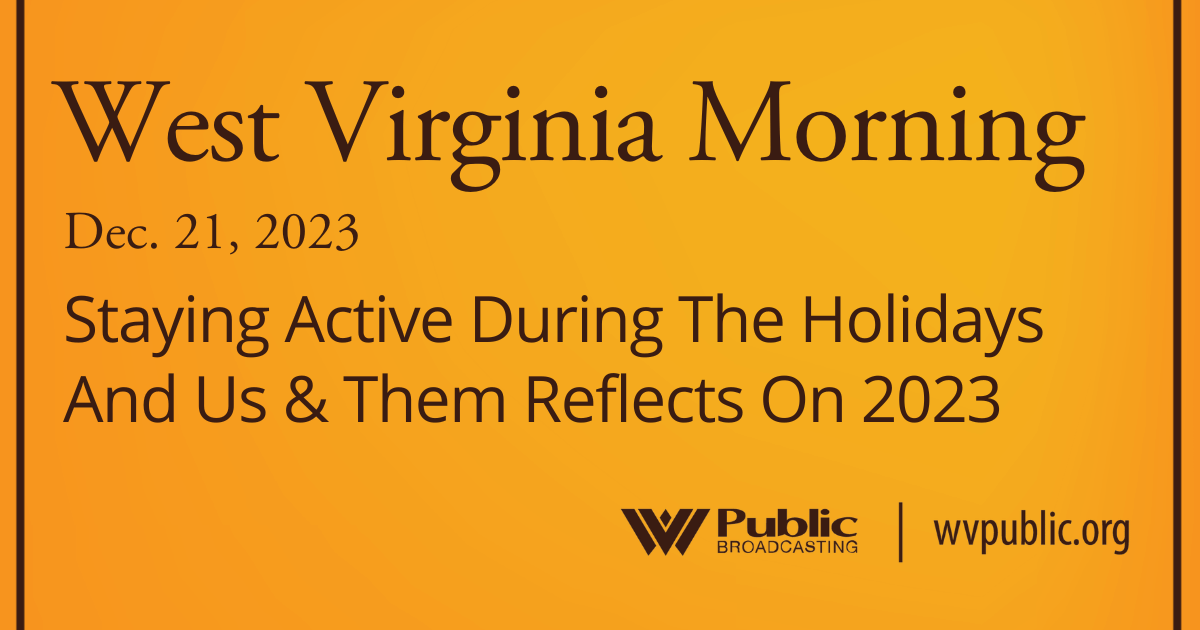On this West Virginia Morning, the holidays are an important time for everyone to rest and relax. But as Chris Schulz reports, students off from school can still benefit from mental and physical activities.
Also, in this show, as we come to the end of the year, Us & Them host Trey Kay has been reflecting on 2023, and a theme that’s been consistent. Trust, or more importantly, our lack of trust in each other and our institutions. In the latest episode, we explore how that reality could shape the year to come and its social and political landscape. Here’s an excerpt.
West Virginia Morning is a production of West Virginia Public Broadcasting which is solely responsible for its content.
Support for our news bureaus comes from Shepherd University.
Our Appalachia Health News project is made possible with support from CAMC and Marshall Health.
West Virginia Morning is produced with help from Bill Lynch, Briana Heaney, Caroline MacGregor, Chris Schulz, Curtis Tate, Emily Rice, Eric Douglas, Liz McCormick, and Randy Yohe.
Eric Douglas is our news director. Caroline MacGregor is our assistant news director and producer.
Listen to West Virginia Morning weekdays at 7:43 a.m. on WVPB Radio or subscribe to the podcast and never miss an episode. #WVMorning
